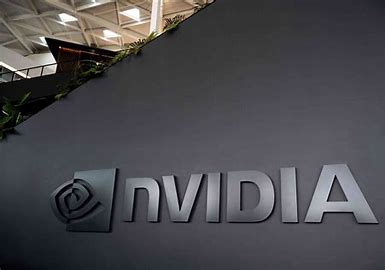In a pivotal legal development, the U.S. Supreme Court is allowing a revived lawsuit between Nvidia and a group of its investors to proceed. This decision could have far-reaching consequences, opening the door to a surge of “frivolous securities lawsuits” targeting the cryptocurrency industry, warns The Digital Chamber (TDC), an industry advocacy group.
On August 20, TDC filed an amicus brief supporting Nvidia’s bid to reverse an appellate court’s ruling from last year, which revived a class-action lawsuit. The suit, originally filed in 2018, claims that Nvidia misled investors by downplaying the role of cryptocurrency miners in driving the company’s GPU sales. It is alleged that Nvidia concealed over $1 billion in GPU sales tied to the crypto boom, propping up its financial performance before the market, and consequently Nvidia’s stock, took a steep downturn.
Crypto Industry at Risk
TDC’s founder and CEO, Perianne Boring, expressed grave concern over the case’s potential implications for the broader crypto industry. She said the group “felt compelled to weigh in due to the grave risks of a potential increase in frivolous securities lawsuits based on nothing more than unfounded negative perceptions about the cryptocurrency industry and its high-growth business cycle.”
The lawsuit alleges that Nvidia’s CEO, Jensen Huang, downplayed the company’s exposure to cryptocurrency miners, leading investors to believe that the firm’s sales were not dependent on the volatile crypto market. The class-action suit claims that when the crypto market crashed, Nvidia’s stock tumbled in tandem, leaving investors blindsided.
Flawed Case, Says TDC
In its brief, TDC argues that the plaintiffs relied on expert opinions based on “unsupported assumptions and inferences,” rather than hard evidence, such as internal documents or testimonies, to substantiate their claims. This approach, according to TDC, undermines the standards set out by the Private Securities Litigation Reform Act of 1995 (PSLRA), which aims to shield emerging technologies from baseless litigation.
The PSLRA requires plaintiffs to clearly identify misleading statements and provide factual support. TDC contends that the Nvidia lawsuit fails to meet these standards. “There is nothing to stop other plaintiffs from hiring other experts to do the same thing,” the brief warns. “The impact will be felt the greatest by the most cutting-edge companies, like many in the cryptocurrency industry.”
Industry Innovation at Stake
TDC’s members, which include major players like Crypto.com, Ripple, and Binance, are particularly concerned that the Nvidia case could set a dangerous precedent. Should the plaintiffs succeed, it could encourage speculative and unsupported claims against other cryptocurrency companies, leading to costly litigation that could stifle innovation and discourage investment.
“Ultimately, this would slow the growth of blockchain technology and undermine the very protections that the PSLRA was designed to provide for emerging, high-tech industries,” TDC said in its statement.
As the case progresses, Nvidia and the broader crypto industry are bracing for what could be a landmark decision that could shape the future of legal standards for high-growth industries.


